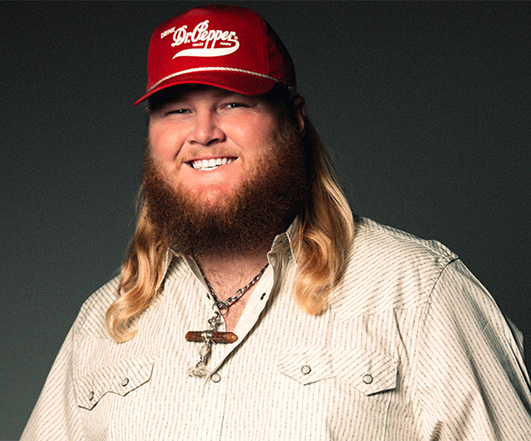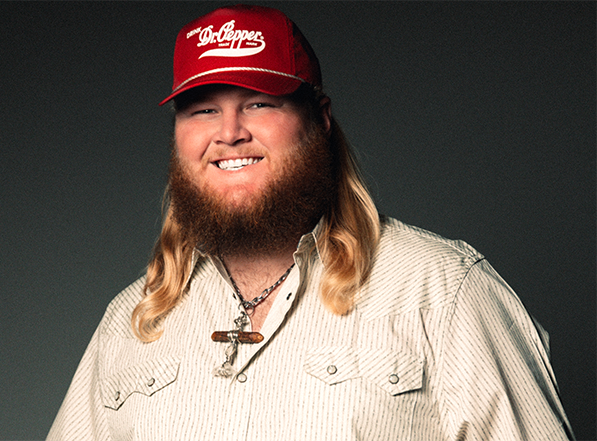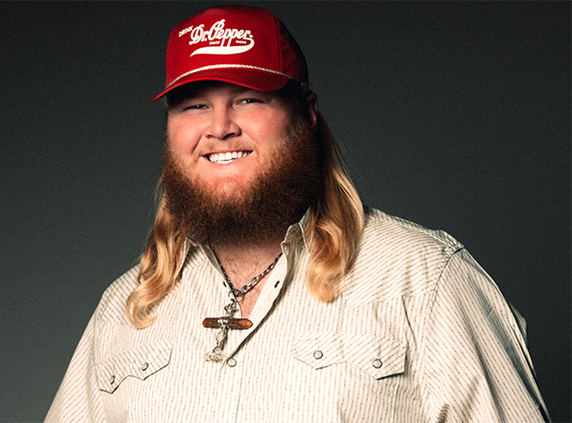With temperatures rising higher as summer approaches, Georgia Commissioner of Agriculture Tommy Irvin is cautioning horse owners to be sure that their animals do not become victims to the heat.
During the summer, measures should always be taken to ensure that horses stay cool and healthy. However, extreme temperatures call for more careful attention to a horse’s condition:
Tips for helping horses beat the heat:
• Work and exercise should be minimal during the hottest part of the day. Limit activity to morning and evening hours.
• Leave barn doors open as often as possible to allow proper ventilation.
• Place large fans around the exercise area, being sure to keep cords out reach of horses.
• When hosing horses down after exercise, start with the legs and work upward to avoid shock.
• Some horses may require extra electrolytes, which can be given through store-bought supplements or by a mixture of 3 parts salt (sodium chloride) and one part lite salt (potassium chloride).
• Older and overweight horses have a harder time dealing with heat.
Horses that are exposed to extreme temperatures for long periods of time can experience heat stress or heat strokes. Excessive sweating, panting, rapid breathing, rapid heart rate and high rectal temperature are all signs of heat stress and should be treated by running cool water on the horse’s legs and giving frequent, small amounts of water.
These signs can also be an indication of a heat stroke, in which case a veterinarian should be called immediately. While waiting for a vet to arrive, the same treatment methods for heat stress should be administered to the horse.
Horses should always be given access to water and shade throughout the day during the summer. If the combined temperature and humidity of the air is over 150, owners and caretakers should take extra caution. It should also be noted that in extreme heat a horse can drink more than 20 gallons of water a day.
“I am hoping that all horse owners in Georgia take the necessary precautions to ensure that their horses stay cool and healthy throughout the summer,” Irvin said. “With temperatures as high as they are in this state, it’s better to not take any chances.”








